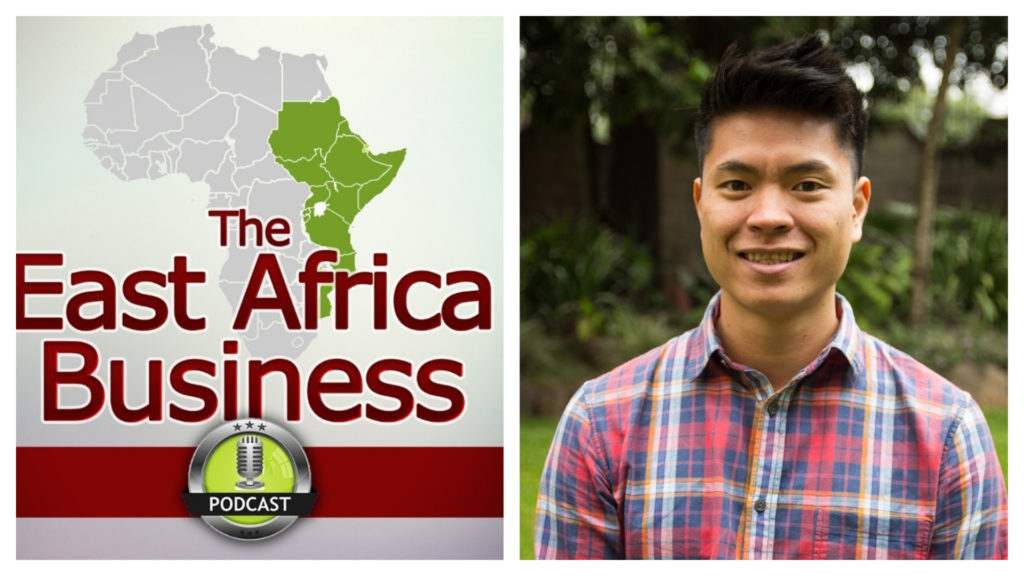Overview
A lot of the interviews on The East Africa Business Podcast have been related to individual companies telling their stories, and the lessons they’ve learned.
In this episode, you’ll no doubt come away with a lot of insight, though the dynamic is slightly different.
I’m speaking with Chaning, who is the co-founder of the Busara Center, a behavioural economics lab based in East Africa.
Their roots are in academia, though they have now branched out to applying the insights they generate to other organisations. We also have an interesting conversation around grants, and how Busara will typically work with clients to write grant applications to unlock funding.
In this episode Chaning and I discuss the multitude of problems which the lab have solved, similarities and differences in how people around the world act in certain situations, and how they have scaled to become an organisation of 150 employees operating in multiple countries.
Towards the end Chaning also references a pharmacies business that “sits downstairs”. Nairobi is a small city and he was referencing a company called Maisha Meds. You can listen to that interview that I had with Jess, the CEO by searching for the Medicine podcast in the archives.
As always would be very interested to hear any feedback you have on the podcast, but for now, here is Chaning.
Sign up below to hear whenever there are new stories and episodes released on the podcast
Other notes
Busara is a decision lab founded on how stress affects decision making. There’s an initial sense of a psychological poverty trap.
It started as academic, and now applies the learnings to organisations and business decision makers.
Busara now have 150 employees around the world. The “lab” is like a computer lab where people play behavioural economics games.
Behaviours move more along income levels, rather than geographical regions. i.e. low-income participants in Kenya and America behave more alike than Kenyans and Americans who are low-income and high-income.
The engagement that they have with clients is working together to solve business problems.
Partner with organisations to help writing grants i.e. solving a problem with a behavioural lens. Grant givers are looking to find innovative solutions to put their money on.
Some examples of the projects which they have funded, including a telco around funding agricultural financing.
There’s an ecosystem that exists around asking and evaluating behavioural questions, including Innovation for Poverty Action and ID Insights.
Companies come to Busara for: high quality data, insights generalisable to the wider industry, drive value in their company.
There are also different levels of project engagement: $20,000 (entry level), $50,000 (rigorous insights) or $100,000+ (longer term engagement).
Lessons and Insights
Biggest lesson: a little physical coin far outperforms SMS intervention in helping people save
Biggest insight: behaviour is more closely linked to income than nationality
Chaning’s big behavioural question: how to properly incentivise network agents to fully align with business goals
Links etc.
Website: http://www.busaracenter.org
